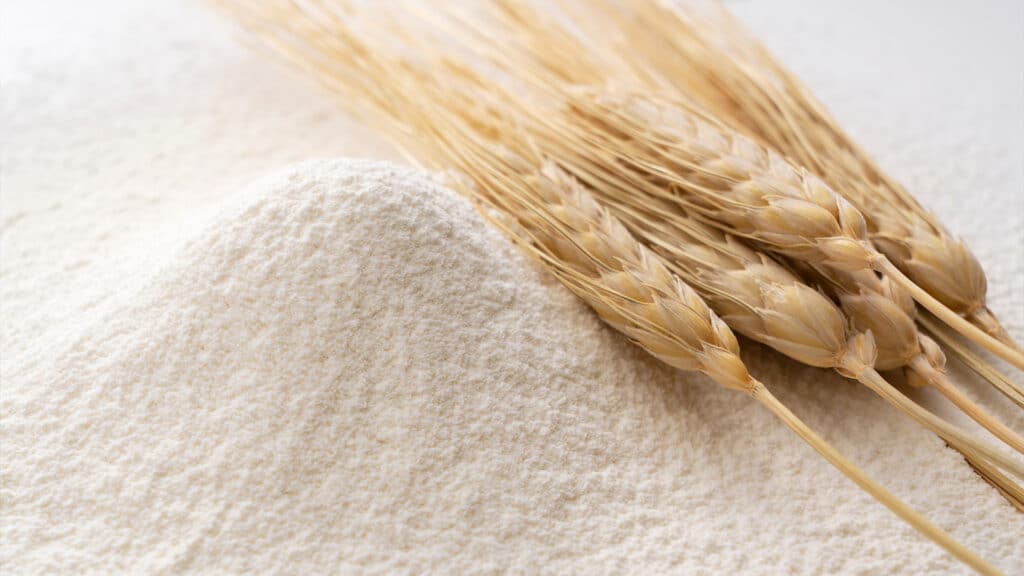Kazakhstan’s flour businesses face closures, expert says

Kazakhstan is experiencing the closure of a growing number of flour milling enterprises, with some relocating production to neighboring countries. Over the next five years, exports of Kazakh flour are expected to drop from 1.5 million tons to 500,000 tons, and up to 6,000 workers in the industry could lose their jobs, excluding those in related support sectors, according to Zhomart Motyshev, head of the Grain Processors Union of Kazakhstan. He shared these concerns during a recent panel discussion at the Mazhilis, Kazakhstan’s lower house of parliament.
In recent years, Kazakhstan has shifted from being a leading flour exporter to focusing more on exporting raw grain. While Central Asian countries once relied heavily on Kazakhstani flour, many are now investing in their own production facilities and purchasing only raw grain from Kazakhstan.
Motyshev noted that Kazakhstan has actively encouraged grain exports to neighboring markets. For example, the Ministry of Agriculture has introduced subsidies to offset transportation costs for grain transiting through Turkmenistan en route to Iran, Afghanistan, Tajikistan and Uzbekistan.
«We believe this measure may trigger the growth of flour milling production in these countries,» Motyshev said. «As a result, domestic wheat flour will go unclaimed, and our milling enterprises will begin shutting down.»
He added that Kazakhstan’s flour milling enterprises are currently operating at just 39% capacity. Motyshev believes that increasing grain processing by 1 million tons would not require additional capital investment.
He suggested the government encourage agricultural producers to supply grain for domestic processing by redirecting subsidies to support local enterprises instead of exports. This approach would help keep more money within the country.
«We support the development and expansion of grain exports to new markets: the Black Sea countries, Azerbaijan, Georgia, Latvia, Lithuania, Estonia and China,» Motyshev said. «But why ship cheap wheat to traditional flour markets, effectively disrupting the entire market? We believe it would be advisable to cancel grain subsidies for exports to Central Asian countries.»
Kazakhstan currently produces 2.5 times more flour than it consumes domestically, making it crucial for flour millers to maintain their traditional export markets. With effective government support, Motyshev believes the country can reclaim its lost position in the global flour trade.
«China’s market is extremely promising,» he added. «But to successfully enter and grow in that market, strong government backing is essential to promote our products.»
According to Motyshev, China carefully protects its markets from imports of processed goods by imposing high customs tariffs and value-added tax (VAT), which make Kazakhstani products roughly 75% more expensive. These trade barriers, combined with import quotas, are the main obstacles to entering the Chinese market.
In conclusion, the expert highlighted that despite repeated calls and directives from the president, the lack of a structured support system for processing industries raises serious doubts about the country’s ability to increase exports of processed products to 70% of total agricultural exports. He argued that current financial support measures are ineffective, and unresolved issues with VAT refunds continue to hamper the development of flour exports.
In 2024, Kazakhstani enterprises produced 3 million tons of wheat and rye-wheat flour, matching the production volume of 2023. The Kostanay region led the industry in output, followed by Shymkent and the North Kazakhstan region.

